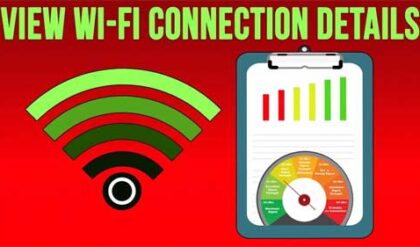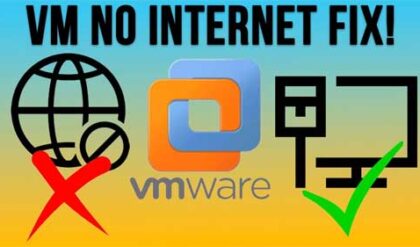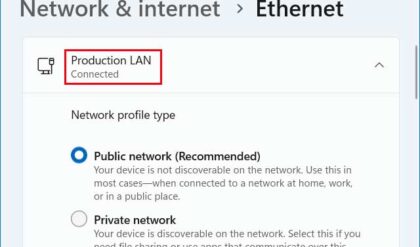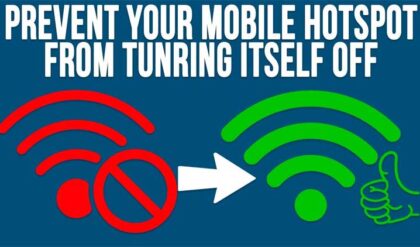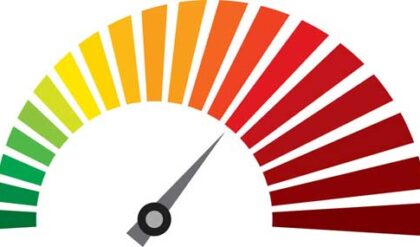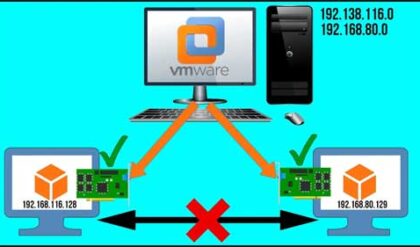Do you have faith in your VPN?
Virtual Private Networks are all the rage these days when it comes to keeping your online activities private and secure. But as an increasing number of people snap up VPN services to stop advertisers from tracking their behaviour and would-be hackers from downloading personal details, a serious question remains: can you really trust a VPN?
There are a growing number of free and paid VPN services on offer, each with their own distinct service policies. Facebook, who are known for invading people’s privacy and selling data to third parties, recently got in serious hot water over their Onavo VPN service. No longer available in the App Store, Onavo monitored user data across other apps on the devices it was installed on – for the purpose of tailoring targeted advertising and selling behavioural data to third parties.
Given that a key aim of many VPN users is to avoid having third parties snoop their browsing activity, it was a pretty devastating revelation. For newcomers to the world of VPNs, the news is a serious worry. Note that there are a few main trust signals to look for when you’re choosing a VPN, because while the good services are legitimately able to protect your information, others are not what they seem.
Flaws in free VPNs
Why pay for something when you could have it for free, right? Well, no – it’s not that simple. It’s often said that you get what you pay for, and in the case of security software, the adage stands true.
While free VPNs can seem like a great idea, bear in mind that they have to pay for everything from their servers and tech development to their customer service staff somehow. If they aren’t taking a fee for their service, there’s a high chance they’re selling user data to fund it instead.
Other issues with free VPNs include a lack of additional security features, such as kill switches, and a limited selection of encryption protocols. This is another area where newcomers can end up feeling a little lost, but kill switches are particularly important because they ensure that should your VPN connection drop, so will the rest of your internet connectivity.
Having a kill switch means that if you’re doing online banking or sending personal data and the VPN’s added encryption isn’t there to protect you, you’re disconnected from the internet immediately before hackers can get a look in.
Encryption protocols can also feel about as clear as mud, but many free services only provide basic add-on encryption. This means they’re fine to use for things like international streaming, or accessing region-locked news content, but might not be secure enough for making online payments. For this, you want high encryption levels that are sometimes only offered in paid VPN options.
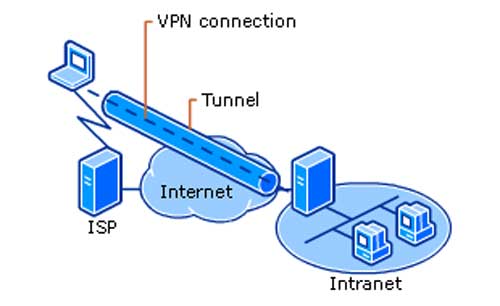
Usage logging
Regardless of your feelings around encryption security, usage logging is a serious matter in Virtual Private Network use. Some VPNs log only the time you access the network and the time you log off, others claim not to log anything at all – but in some cases, your provider may still keep usage logs. That means they have a stored record of the sites you browsed and content you interacted with while you were using a VPN, as well as what device you were using and any online tools that you used.
You may think that if you’ve nothing to hide, it doesn’t matter that a VPN client can see you shopping on Amazon or browsing the latest news. But if they have that data, even a paid service could look to sell it on to advertisers. Worse still, if the service provider suffers a data breach, your logged activity data could be stolen.
There is no good reason for a VPN to store your traffic information, and they aren’t always clear about whether they do this. Read the small print carefully to make sure that the only logs being kept are connection logs, if any at all, and not your full usage history. Reputable VPN providers do exist, and they don’t track your every move.
Fake VPN apps
The other thing to look out for if you’re on the hunt for a trustworthy VPN are tell-tale signs of fake VPN apps. Genuine VPNs from household name security brands are usually easy to find – with direct download links from provider websites, and plenty of reviews to tell you what’s what.
Fake VPN apps aren’t commonplace, but they are out there. Some are impersonating genuine offerings, others are standalone apps designed to look like great new services but which are actually designed just to harvest data.
When you come to downloading a VPN app, don’t just pick the first thing that looks good and research it more later. Look for reviews on major tech websites that indicate professional reviewers have looked into the app in detail, and check whether you can find working customer support details. Some fake apps list their customer service details as a personal email address or out-of-use phone number, which is a sure fire sign that you shouldn’t take their offering at face value.
Using any VPN service involves putting your trust in the provider, knowing that they theoretically have visibility of all the activities you’re hiding from the websites you visit and the advertisers they work with. While it is possible to set up your own Virtual Private Network using open source software, so that there’s no outside involvement at all, it’s also hard work to get right – even for the technically-minded among us.
Realistically, with a little common sense around who you go to, it isn’t difficult to find a trustworthy VPN that will protect your data without ulterior motives. Investigating paid options, reading logging policies and steering clear of dubious apps are simple things to do which really pay off in the long run, ensuring that you can evade targeted ads and determined hackers with ease.

